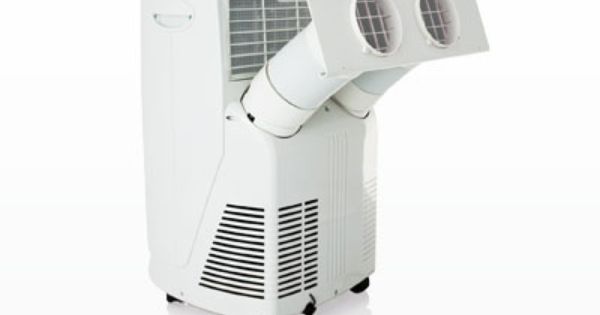For instance a clog in your drain line can cause condensation from your ac unit to back up and spill out over the catch pan leading to mold in your insulation and drywall rotting attic floor joists and ceiling leaks in the rooms below your attic all things you don t want for your home trust us.
Attic ac unit condensation.
Find the condensate drain line and drain line access point.
Check the condensation line.
This colder surface then chills the surrounding air to a temperature below it s dew point which causes the water vapor to condense into a liquid just like on the outside of a glass of iced teas sitting outside on a hot day.
Look for an upside down or sideways t shape of pvc pipe with a removable cap.
Water builds up in the ceiling and eventually there will be a drip if the homeowner is lucky.
Look for white pvc pipe around 3 4 inch 1 9 cm in diameter coming out of your ac system s indoor unit.
Check that the condensation is being removed.
The line is a pvc pipe that runs from the condenser inside your house to the outside next to the compressor.
Condensation forms when warm humid air comes into contact with a colder surface like your air conditioner s ductwork.
It s usually located outdoors next to the compressor.
Additionally if there is a collection of water under the units condenser then it is probably normal operations at work.
Improper ventilation and insulation of home attic space can produce high humidity levels and trap.
The simple physics behind sweating is.
A sudden increase in condensation on the exterior of the a c unit can signal an internal temperature issue or a pressure leak.
Air handling units in attics should have a secondary condensation pan in case the primary condensation pan overflows.
The condensation drip from the condenser is carried from the inside to the outside.
How much is excessive condensation from air conditioning.
If your air handler s in the attic leakage through the ceiling may occur.
Inconsistent temperatures inside your home such as cold and warm zones on the same floor may indicate a problem with the a c unit or the ductwork.
There should be a constant drip when the air conditioner is running.
Drip pan overflows happen when the plastic tube that conveys condensate to a household drain clogs usually from mold or.
The condensation drain line is plugged.
Occasionally the secondary condensation pan will also clog and not drain.
Improper or no insulation of ducts.
Most but not all ac units will have an easy to locate access point to the drain line.




























